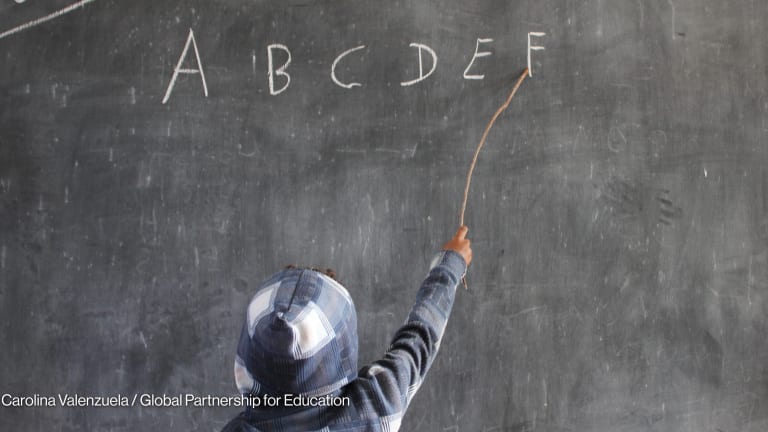The Philippines is experiencing an economic resurgence the country has not seen in decades. In the last quarter of 2012, it posted gross domestic product growth rate of 7.1 percent, making it one of the best performing economies in East Asia according to the World Bank. With consumer confidence at an all-time high and government spending in full throttle, the Washington-based lender sees the Philippine economy expanding by 6 percent in 2013, up from a respectable 3.9 percent in 2012.
Despite the Southeast Asian archipelago’s rising profile, poverty is still rampant, and physical and social infrastructure remains inadequate, suggesting that the country is still far from a more inclusive form of development. More than 42 million Filipinos live on less than $2 a day, maternal mortality is high and formal education is inaccessible to a large segment of the population. The administration of President Benigno Aquino III — whose anticorruption stance and promises of reform won him the presidency in 2010 — has made inclusive growth one of the pillars of the Philippine development agenda. The government’s focus on good governance as well as support for measures that promote poverty reduction — the recently signed reproductive health law is an example — have received positive attention from donors, who pledged continued or increased long-term funding.
Australia is one of these donors and, with the March 2012 signing of the Australia-Philippines Development Cooperation Program Statement of Commitment 2012–2017, the donor is expected to remain committed to the Philippines.
This story is forDevex Promembers
Unlock this story now with a 15-day free trial of Devex Pro.
With a Devex Pro subscription you'll get access to deeper analysis and exclusive insights from our reporters and analysts.
Start my free trialRequest a group subscription







